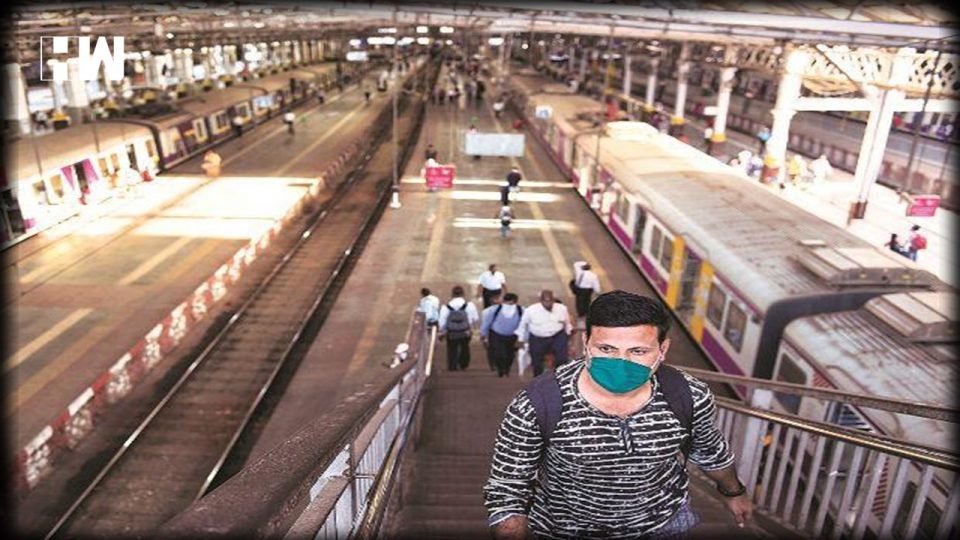The court, after hearing submissions, referred to news reports which stated that the government was contemplating allowing local train travel for select employees of private organisations as well.
On Tuesday, the Bombay High Court asked the Maharashtra Government to consider opening up public transport, including local trains and buses, in a planned manner to ensure people from all walks of life are not denied the opportunity to earn their livelihood. The top court also asked the petitioner’s counsel to share suggestions with the state government so that it can consider them and take a decision by October 5. The next hearing is scheduled for October 6.
A division bench of Chief Justice Dipankar Datta and Justice G S Kulkarni was hearing a PIL filed by the Bar Council of Maharashtra and Goa (BCMG), through senior advocate Milind Sathe and advocate Uday Warunjikar, seeking directions to the state government to consider practicing advocates as essential service providers and permit them to travel by local trains to attend hearings at trial courts. The bench replied saying lawyers should not only look after their own needs but also of those from other sectors who are “starving” as they are deprived of their jobs.
The High Court, on September 15, had directed the Railways and state government to allow lawyers to travel by special local trains to attend the physical hearing of cases in the high court on an experimental basis, starting from September 18 till October 7.
Advocate Purnima Kantharia, appearing for the state, said that even today, with a limited number of persons allowed to travel by local trains, the situation was getting worse as trains were crowded and allowing more passengers might cause problems in view of Covid-19 situation.
The court, after hearing submissions, referred to news reports which stated that the government was contemplating allowing local train travel for select employees of private organisations as well.
“Allowing only lawyers can be biased on our part. Why not the persons from other sectors. We cannot only think of lawyers. We understand that the local trains are crowded, but we have to look at the needs of other people too, as they have lost their means of livelihood. People are starving, losing their jobs. We have read a report wherein a General Manager of a hotel is doing a dumper truck driver job. Someone else is selling vegetables on the streets to support himself,” CJ Datta said.
As the trains were packed during peak hours, the bench also suggested that the trial courts could start functioning in the afternoon from 2 pm, so that the lawyers can travel when the trains are running at nearly half their capacity.
“We have to think of ways on how to overcome the situation without it becoming similar to that of Kerala, where after Onam festival, the Covid cases have increased to over 120 per cent,” CJ Datta observed.
“People would be getting back their jobs. You have to devise a formula. It would be trains and buses. All modes of public transport,” the court said asking suggestions from lawyers representing BCMG on the matter including on the staggered timings of trial courts.
The court also directed the state to consider the suggestions by lawyers proposing the measures and if it found them ‘prima facie acceptable,’ to take a decision on allowing more people access to public transport and file an affidavit by October 5.
As an independent media platform, we do not take advertisements from governments and corporate houses. It is you, our readers, who have supported us on our journey to do honest and unbiased journalism. Please contribute, so that we can continue to do the same in future.

